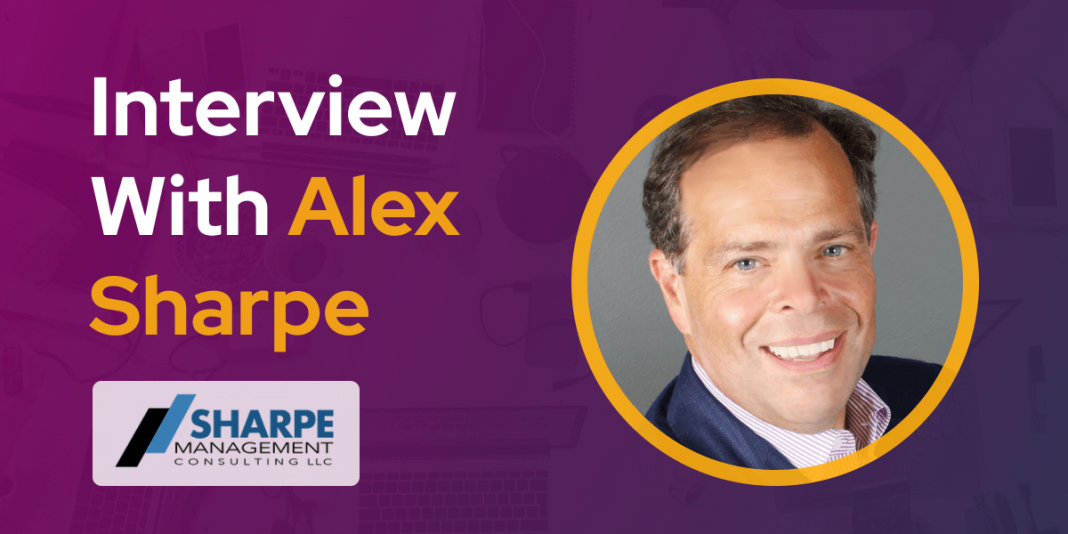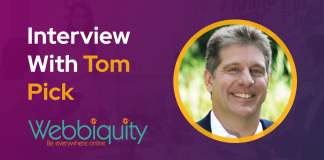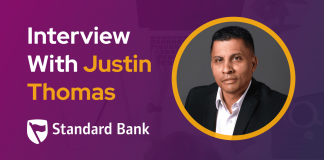Hi Alex, tell us about yourself and how you got to the digital transformation space?
I am a Big 4 trained management consultant with real-world operational experience. Built practices at existing firms (Booz Allen, KPMG). I also founded a couple of startups (Hackett Group, eForce), including a successful exit, led $60M P&L & delivered to clients in over 20 countries and participated in over 20 M&A transactions. You can say I’ve been in the digital transformation and cybersecurity spaces before they became cool.
It was an unsolicited call over 20 years ago. KPMG was looking to get into the Digital Transformation space in a big way. They called it eBusiness at the time. KPMG wanted somebody who understood the domain, had a history of building practices and new cybersecurity. A colleague recommended me to the executive recruiter. The rest is history.
Online commerce was booming in 2020 and so did cybersecurity breaches; how did it affect brands’ digital transformation strategy? – What should be the main focus for brands this year?
Coincidently I wrote an article about the acceleration from COVID and presented on the Cybersecurity impact at the 2020 GSX+ conference in September.
The better question may be, “what are the long-term effects on Cybersecurity from the Covid induced digital adoption?”. Covid accelerated digital adoption by five to ten years, depending on the industry. It also accelerated the virtual workforce. We went from about 9% of the workforce working remote to about 42% working remote. Indirectly we forced the Cloud into the mainstream.
All of this is fundamentally changing the way we secure the enterprise. The ability to Identify & Authenticate (I&A) users is fundamental. Fortunately, that was accelerated and taken up a level while shifting staff to work from home. How many people even heard of MFA before that? This set the stage for what we are going to see. You will see Data loss Detection (DLP) surpass Data Loss Protection (DLP). Third-Party Risk Management (TPRM), Incident Response (IR), and digital forensics will become core topics as the full impact is appreciated.
The reputational impact to the brand from Cyberattacks and Social Media manipulation will become larger and larger concerns of the C-Suite.
Human Resource (HR) processes are way out of date. We already see signs; HR is changing the way it operates with the rise of the remote worker. Everything from how to build the culture to how we terminate employees when they are not in the office.
Alex’ checklist for digital transformation
In your POV – What is the ultimate checklist for a good digital transformation strategy?
It comes down to the way the organization are wired. History tells me organizations that succeed embrace three themes:
- It is not about technology. Technology provides an opportunity. The key is to unlock the value by penetrating new markets, creating new offerings, and increasing productivity.
- They undertake a series of “experiments” to learn and discover. Big bang and swinging for the fences do not work, especially without going through a discovery phase while instilling a learning culture.
- They have the will to fundamentally change the business model and its culture. Culture being the hardest part. Metrics, benchmarks, compensation plans, financial reporting, everything must be on the table. Not to say everything has to change, especially not all at once. It does need to be looked at and considered to incent the desired behavior.
I have been known to say, it is like changing a car tire while the car is moving at 60 mph.
How much has the role of the CEO changed in the social distancing era – what role digital transformation has in this crisis?
Good question. I do not think it changes at all. It is morphing how CEOs go about doing their jobs and how they communicate to stakeholders, but the role has not fundamentally changed. The job is more complex.
For example, a vital role of the CEO has always been capital allocation. The allocation of Human Capital is more scrutinized. Another good example is ESG. Every senior leader I know thinks about ESG. Many are challenging their staff to push the envelope and are baking ESG into their business plans. Unfortunately, many under-communicate outside of the company. Market forces and customer perceptions reward companies that communicate a solid ESG strategy with a premium.
What was the biggest lesson you learned in 2020?
This is a little embarrassing. The biggest lesson is the realization of how few people worked from home before COVID. I was surprised to find out it was only about 9% of the workforce.
2020 was the year of webinars and online events, what was your favorite one?
Even before COVID, a bunch of online and on-demand video services were inflight. Perfect timing for COVID, right. I have been binge-watching everything from TV shows, to movies, to educational programs.
By far, my favorite online events are the programs put on by the Alumni societies, Universities, professional societies, and the like. Pre-Covid each would have required a trip or a meeting. Post-COVID, I would like this to go hybrid. I miss the face-to-face but also like being able to do so much more by video. Do not want to wait for the invention of the transporter.
It looks like working from home is going to stay with us for the foreseeable future, how should Marketing Executives gear up to the changing times?
Two of my CMO clients have been challenging their staff with the same question. I am wondering if that is the right question. Maybe the question should be, how to attract eyeballs in a way that stands out and does not annoy. People are suffering from COVID fatigue and video exhaustion. We are struggling with time management. We are struggling with the blurred lines between work, home, and school. Our sense of time has become skewed. What annoys me the most and seems to be what I hear the most from others is the barrage of people wanting to connect, the unsolicited emails, and the like outside of normal business hours. The truly most annoying are the ones who pull a bait and switch
Maybe being genuine and respectful is the best way to go. Only reach out during regular business hours, be genuine, and above all, show some empathy.
Last but not least, what is your favorite CX metric?
For me, it is all about being frictionless. Net Promoter Score (NPS) and Churn Rate are the metrics that tell me the most about the business and the customer.
Please also share a high-resolution headshot, your preferred title, and company logo (if you have it, if not we can look it up online)






